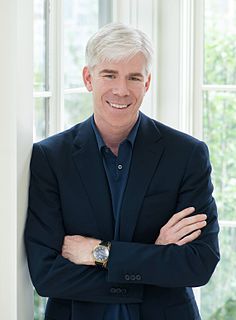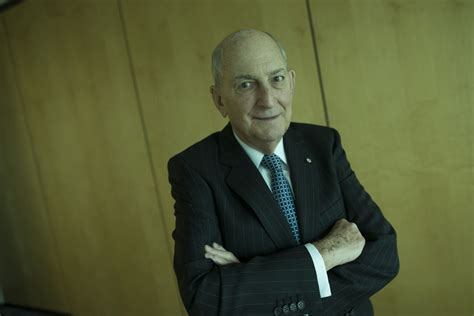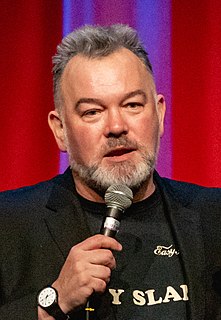A Quote by David Gregory
As a journalist, I've always treaded carefully about being Jewish and caring a lot about Israel and having that not become too big of an issue that could affect my journalism. But I also don't think it's essential to my Judaism, as I think it might be for some other people.
Related Quotes
I think there is a lot of continuity between the Jewish and the Islamic traditions. We know this historically, though people don't want to talk about that - especially Muslims. There is a common source for both Judaism and Islam, or let's say that Islam finds its source in Judaism. The commonalities of practice and sensibility, ethos and mythos, create a lot of overlap.
I think if somebody is so set in their ways about what they feel about something - and you get this a lot in academia, of course, and also different sorts of journalism too - you're going to sweep under the carpet the facts that don't suit your thesis. And I think that happens quite a lot in the courtroom, for instance.
I wanted to talk about certain things in a way that I hadn't seen them talked about. There is vast literature about caring for people romantically, about caring for children, but there's not a lot about caring for older people, eldercare. I was searching for a book that would speak to me, that wouldn't be sociological, that would offer some insight, some solace.
So the idea about how detonation of a nuclear weapon might happen vary, you know - some people are especially concerned about terrorists getting their hands on nuclear weapons and using them. Some people are worried that there might be a nuclear war between India and Pakistan. Some think the Middle East, were Israel already has nuclear weapons and where other countries may be interested at some point and acquiring them, might be a flash point.
Judaism, Christianity, and I'm sure other religions also, are having to deal with the fact that they may or may not have lived up at all times to the injunctions of their own mystical center. For instance, when I went to Sunday school, I remember learning more about Jewish history than about God. So, once again, that doesn't mean there's anything wrong with the Jewish religion, it just means that sometimes people are not fed the mystical food - the spiritual food - of their own religious background.
A big part of my book deals with the caliber of journalism. Our journalism in general is deplorable, and on elections in particular it's very ineffectual. There are a lot of problems, a lot of them having to do with to problems within the professional code of journalism, which defines its role as the regurgitation of what people in power say. Another big problem is that we allow people with money to basically buy what's talked about in campaigns through running TV ads.
It's not about pop culture, and it's not about fooling people, and it's not about convincing people that they want something they don't. We figure out what we want. And I think we're pretty good at having the right discipline to think through whether a lot of other people are going to want it, too. That's what we get paid to do.
When I became religious, it was full-force for me. And, through the lifestyle of being out on the road with non-Jewish musicians, in non-Jewish nightclubs and going all over the world - getting out of the shtetl - opened me up to having experiences that other religious men might not have to think or worry about.
































